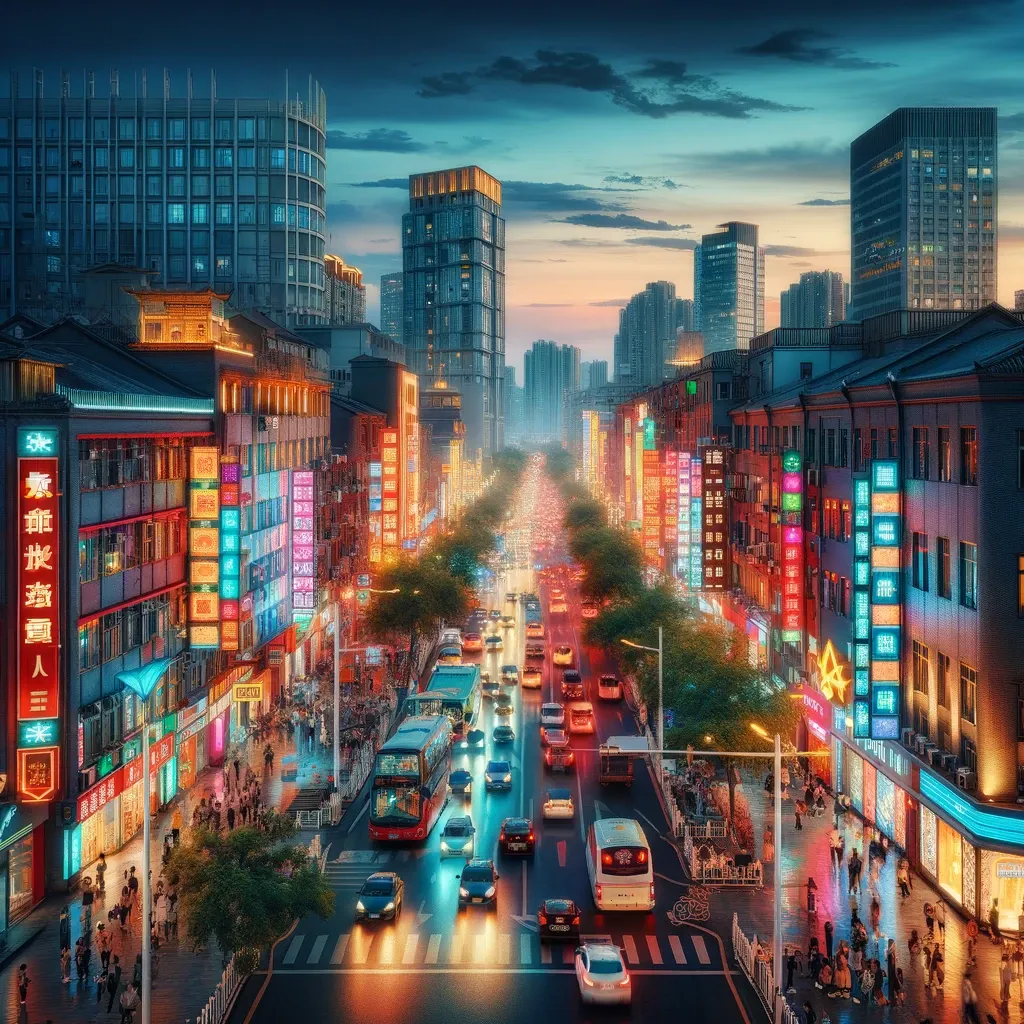Focus on the key policy meeting in China this year.

PEKIN - One hot issue is emerging as the top issue for 2024 in China as the Chinese National Congress session begins this week: the economy. The annual meeting of the National People's Congress, which opens Tuesday, is being watched very closely to catch any signals about what the ruling Communist Party might do to revive an economy that is sagging due to expanding government controls and the bursting of a real estate bubble.
That's not to say that other issues won't be raised. Proposals to raise the retirement age, as reported by the Global Times, are expected to take center stage last week. And China watchers will also be analyzing the annual defense budget and the possible appointment of a new foreign minister.
But the economy is what most people are thinking about in a country that may be at a major turning point after four decades of growth that paved China's path to economic and geopolitical strength. For many Chinese, the failure of the post-coronavirus economy to develop strongly over the past year has undermined long-term confidence in the future.
CEREMONIAL ROLE
The National People's Congress is largely ceremonial, as it has no real power in passing legislation. Representatives vote, but it is a formal endorsement of decisions that have been made by Communist Party leaders behind closed doors. Congress can be a forum for proposing and discussing ideas. Nearly 3,000 representatives are elected to represent various groups, from government officials and party members to farmers and migrant workers.
But Alfred Wu, an expert on governance in China, believes the body's role has been undermined by the centralization of power under Chinese leader Xi Jinping. "Everybody knows the signal is at the top," said Wu, an associate professor at the National University of Singapore and a former journalist in China. "When the top says something, I say something. When the top is silent, I am also silent."
Nevertheless, reports and speeches delivered during the congress may provide indications of the future direction of government policy. And while they are usually consistent with previous statements, new initiatives may be unveiled at the meeting, such as the 2020 decision to introduce a national security law for Hong Kong following major anti-government protests in 2019.
Growth Objective
The first thing the Legislature will do on Tuesday is to adopt Premier Li Keqiang's lengthy "work report", which will take place in the realm of last year and will include the government's economic growth target for this year. Many analysts are expecting something similar to last year's target of "around 5%", which they believe would confirm market expectations for a modest increase in economic stimulus and measures to boost consumer and investor confidence.
A lot of China's GDP growth forecasts are below 5%, but setting a lower target would signal less support for the economy and could undermine confidence, said Jeremy Zook, lead China analyst at Fitch Ratings, who forecast growth of 4.6% this year. On the other hand, a higher target of about 5.5% would indicate more aggressive stimulus, said Neil Thomas, a research fellow at the Asia Society Asia Policy Institute.
A NEW FOREIGN MINISTER, POSSIBLY
Chinese government ministers usually hold their positions for five years, but Qing Gang was removed as foreign minister last year just months after his appointment. So far, the government has not said what happened to him or why. His predecessor, Wang Yi, was returned as foreign minister while also holding the more senior position of the Communist Party's top foreign affairs official. Wang's appointment was supposed to have been temporary until a permanent successor was named.
Analysts say this could happen during the National People's Congress, but there are no guarantees. "Wang Yi has the trust of Xi and is currently handling diplomatic policy issues below Xi's level, so it wouldn't be surprising if Wang remains the foreign minister for some time," Thomas said.
Liu Jiangchao, a communist official and former representative of the foreign ministry and ambassador to the Philippines and Indonesia, has attracted significant attention as a potential candidate. Over the past few months, he has made several overseas trips, including to Africa, Europe, Australia, and the United States, fueling speculation that he is a leading favorite. Other names have also emerged, such as Ma Zhaoxu, the executive vice foreign minister. Wu stated that it likely depends on the trust of Xi and Wang. "I don't know what Wang Yi thinks about this," he said. "If Wang Yi favors someone like Liu Jiangchao or Ma Zhaoxu. And also Xi Jinping. So it's more about personal relationships."
Comment
Popular Posts
Popular Offers

Subscribe to the newsletter from Hatamatata.com!
Subscribe to the newsletter from Hatamatata.com!
I agree to the processing of personal data and confidentiality rules of Hatamatata





